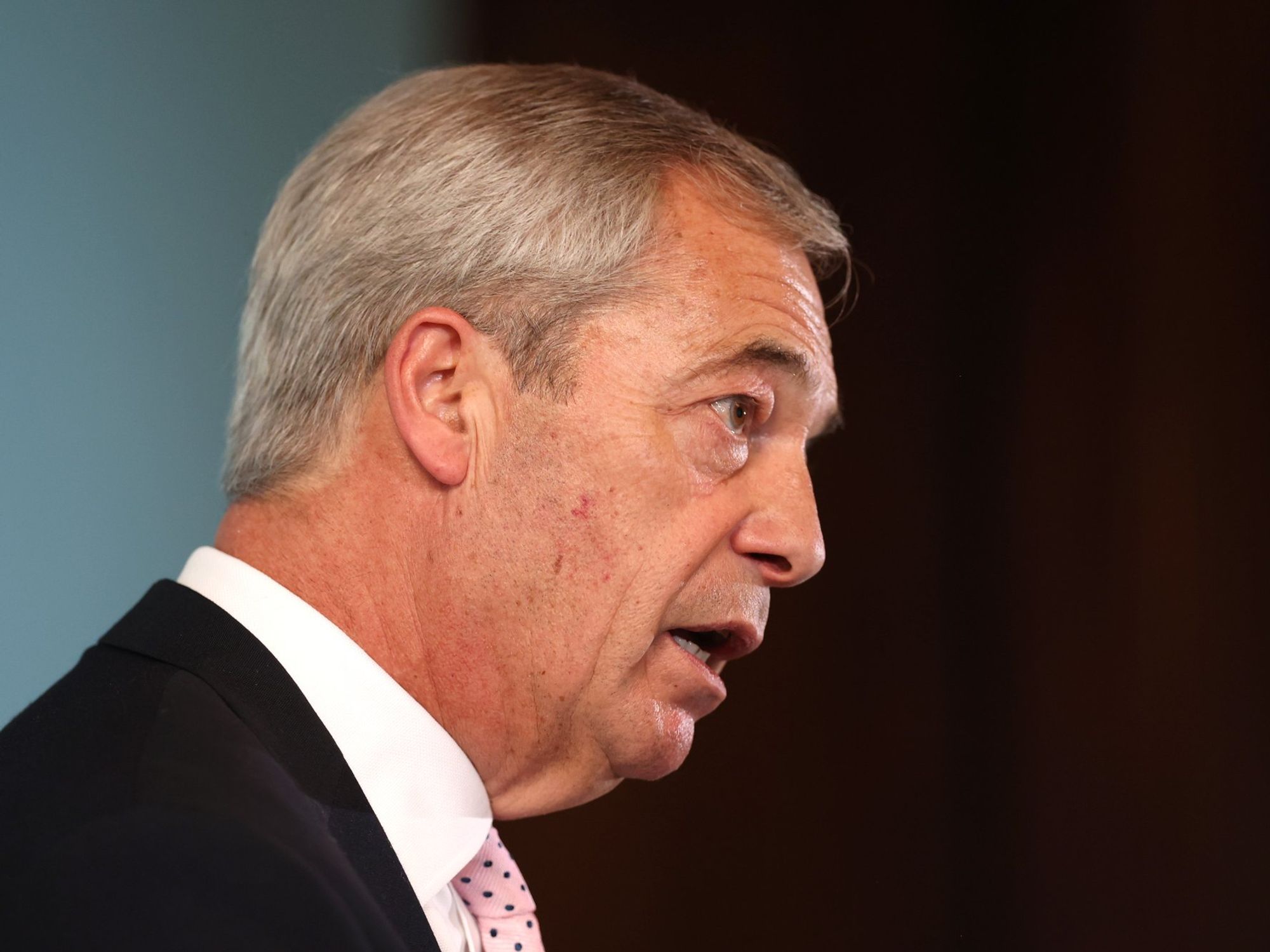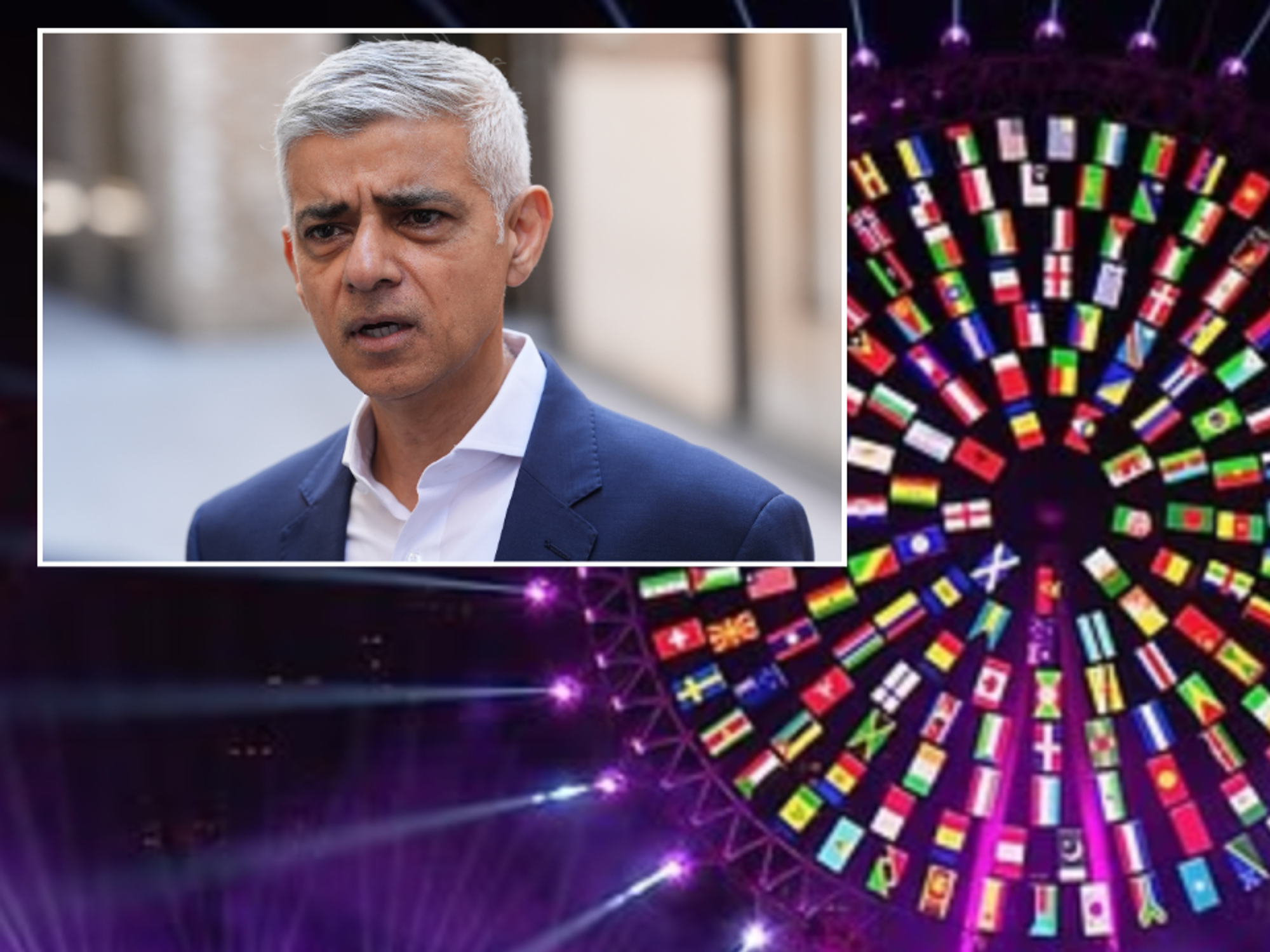UN threatens to BLACKLIST Britain for trans rights stance after being 'targeted' by left-wing campaigners
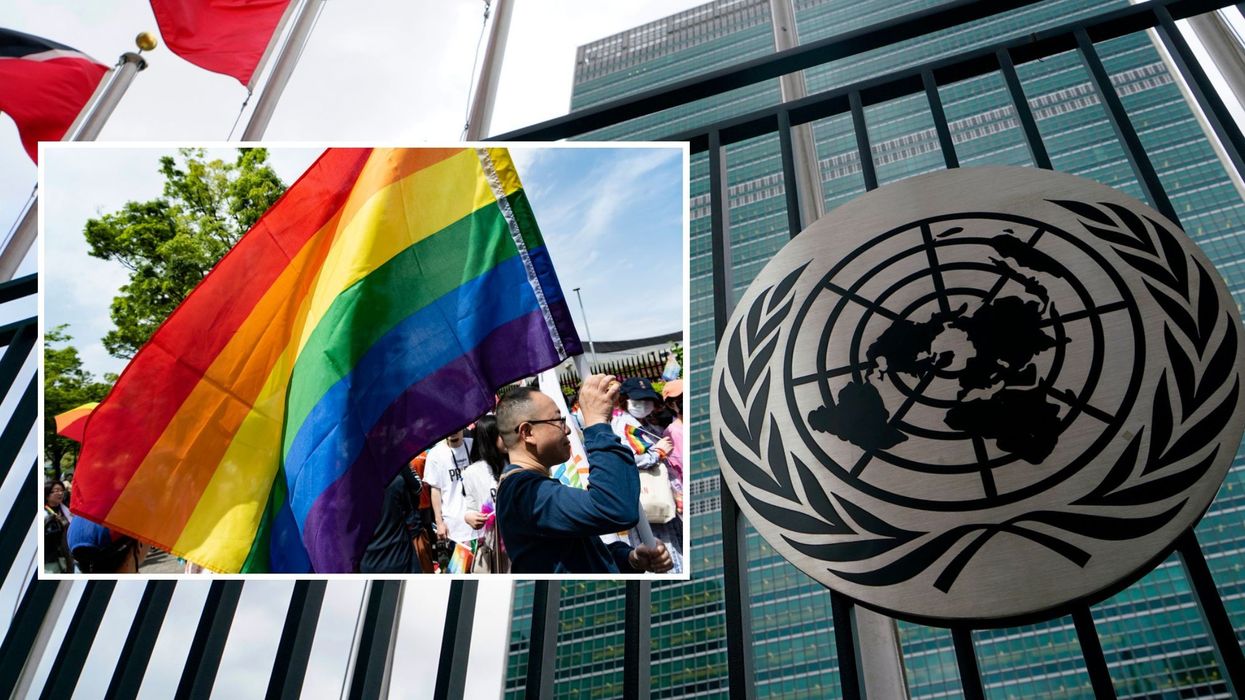
Britain faces being blacklisted from the UN’s human rights body due to its trans right stance following lobbying by a controversial LGBT charity
|Getty

Trans rights group launched a series of complaints against Britain's equality and human rights watchdog
Don't Miss
Most Read
Britain faces being blacklisted from the UN’s human rights body due to its trans right stance following lobbying by a controversial LGBT charity.
A "special review" of the UK’s Equalities and Human Rights Commission (EHRC) has been launched after trans rights groups including Stonewall complained.
The review could see the EHRC's “A status” removed - meaning it would no longer have a place at the table of the UN Human Rights Council and other UN bodies.
The inquiry is to be carried out by the Global Alliance of National Human Rights Institutions (Ganhri) after the EHRC suggested that changing the law to define sex as “biological sex” would bring clarity to controversial issues.
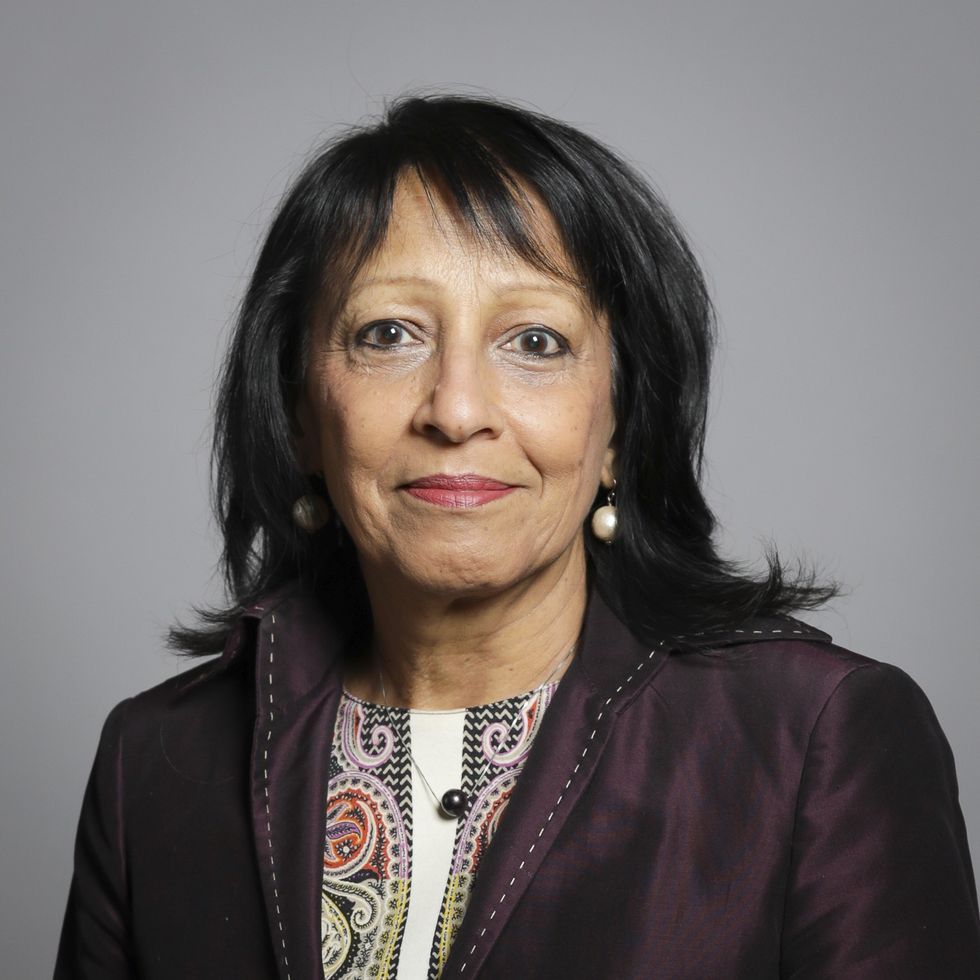 Baroness Falkner, chairman of the EHRC | Wikimedia Commons
Baroness Falkner, chairman of the EHRC | Wikimedia CommonsBaroness Falkner of Margravine, the watchdog’s chairman, said that she was “disappointed” that the EHRC was being investigated following “targeted action by a group of campaign organisations”.
A change to the accreditation would place the EHRC alongside similar watchdogs in countries which have a poor record on human rights including Iraq, Qatar, Colombia, The Democratic Republic of the Congo and Zimbabwe.
If the UK's watchdog is moved to a B status, Britain will only be allowed to observe international meetings, will not allowed to participate and have no right to submit documentation to the UN’s Human Rights Council.
In June last year, the EHRC had its A accreditation confirmed as part of a routine review.
LATEST DEVELOPMENTS:
But in April this year, Falkner gave advice to the Women and Equalities Minister, Kemi Badenoch which suggested changing the word “sex” to “biological sex” in the equalities law would put an end to arguments over sport categories and women-only shortlists.
Following the letter to Bedenoch, Falkner said the EHRC “experienced targeted action by a group of campaign organisations, who again used the UN accreditation process as a means to undermine our statutory role – which involves a legal duty to advise on the effectiveness of equality laws."
"Our advice on this complex and divisive issue made clear that the Government should lean towards a biological definition of sex as the fairest way of protecting everyone’s rights, but that it should carefully identify and consider the potential implications of any such change," she told The Telegraph.
"We were saddened to see that Stonewall and other campaigners chose to 'go low' with unsubstantiated claims in matters which have little to do with the daily lives of the people or groups who we are there to protect, instead of engaging with us to discuss our proposals to improve the balance of rights and protections."
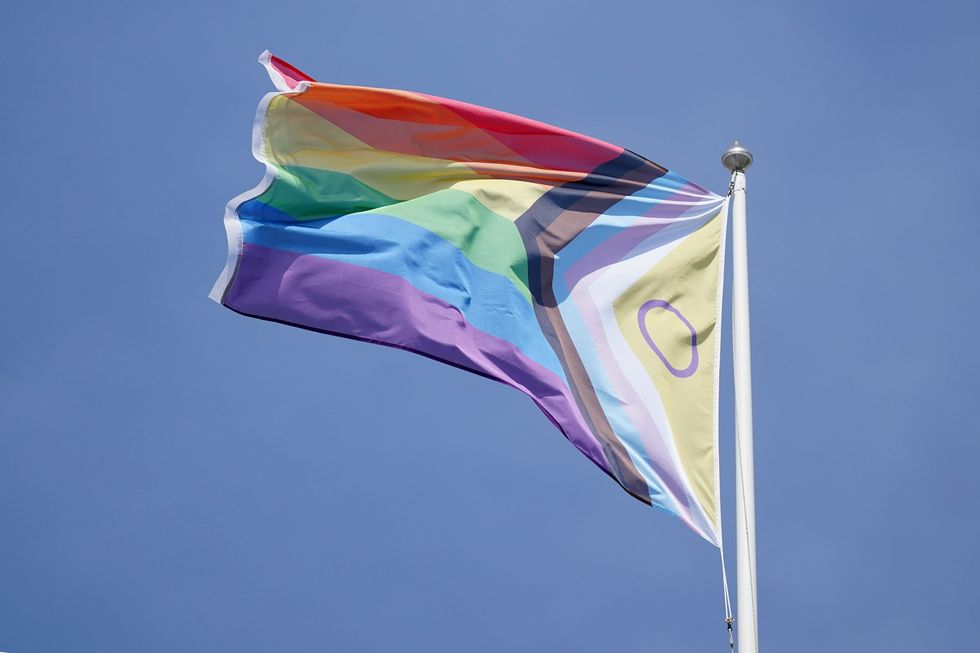
Falkner gave advice to the Women and Equalities Minister, Kemi Badenoch which suggested changing the word 'sex' to 'biological sex' in the equalities law would put an end to arguments over sport categories and women-only shortlists
| PAIn May this year Stonewall led a complaint to Ganhri saying that the EHRC’s suggested proposals for biological sex were “actively harming trans people”.
The trans group accused the EHRC of issuing guidance on single-sex spaces which “sought to enable greater exclusion of trans women” from women-only spaces such as bathrooms and toilets.
Ganhri has confirmed that the EHRC will be subject to a special review.
Falkner said the EHRC "absolutely refuted” the latest allegations, which include that it was “in cahoots” with the Government “in allegedly seeking to erode the rights of trans people.”





